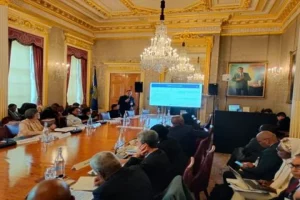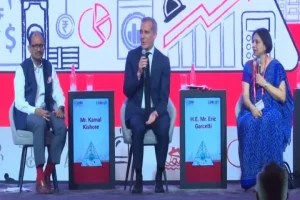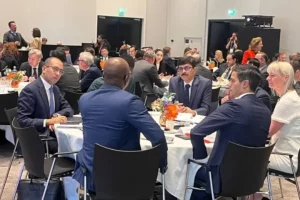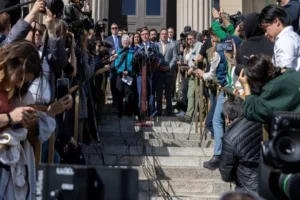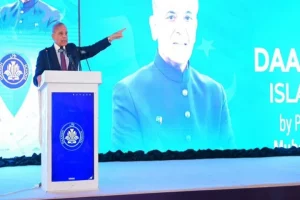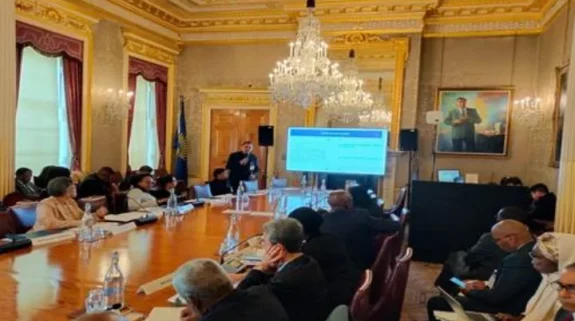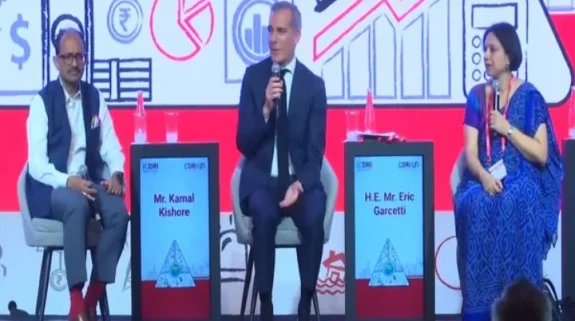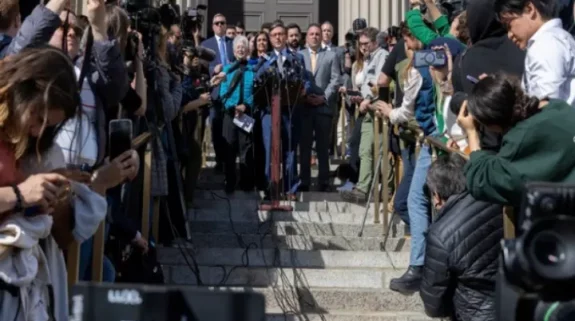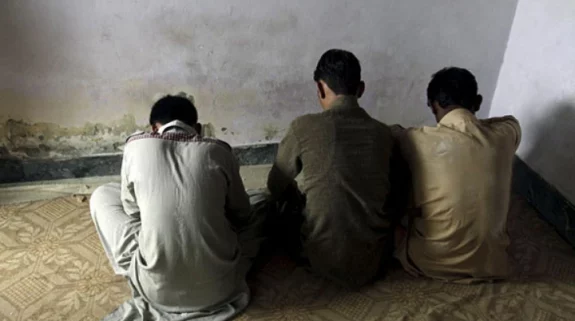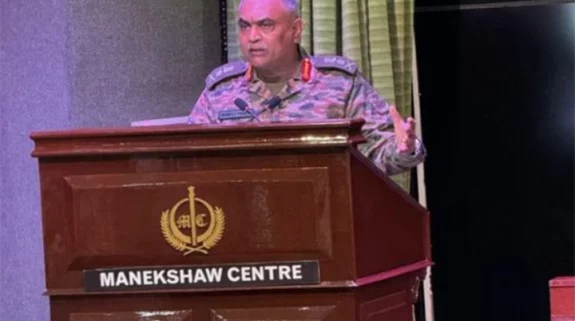Bangladesh can neither forget nor forgive the 1971 atrocities committed by Pakistan against the people of then East Pakistan, Prime Minister Sheikh Hasina told Pakistan High Commissioner to Dhaka Imran Ahmed Siddiqui at her official residence Ganabhaban.
Siddiqui paid a visit to Hasina on Thursday.
“<a href="https://indianarrative.com/videos/international-day-of-genocide-bangladesh-genocide-1971-38131.html" target="_blank" rel="noopener noreferrer">The incidents of 1971</a> can’t be forgotten. The pain will remain there forever,” she said when Pakistan High Commissioner to Dhaka Imran Ahmed Siddiqui met her at her official residence Ganabhaban, the Dhaka Tribune reported.
This is not the first time Hasina has hit out at Pakistan on the 1971 atrocities. Earlier in 2017 Hasina, speaking at the United Nation, she had recalled how the Pakistani Army launched a "heinous" military operation in 1971 which led to a “genocide,” killing of three million innocent people.
According to Banglapedia, the national encyclopaedia of Bangladesh, “no definite survey has yet been made to ascertain the exact number of people killed by the Pakistan army. Immediately after the War of Liberation, it was estimated to be as high as three million. The genocide committed by the Pakistan army is one of the worst holocausts in world history.”
The ghastly episode started at the midnight of 25 March 1971 when the Pakistan army cordoned Peelkhana, the headquarters of the east pakistan rifles (EPR), Rajarbagh police barracks, and the Ansar headquarters at Khilgaon.
“Pakistani forces surrounded Dhaka city with tanks and other military vehicles. Truck loads of army men spread out through the city streets for stamping out all civil resistance. At midnight, the Dhaka University halls of residence and the staff quarters were attacked with tanks and armoured vehicles. A number of teachers, students and officials of the University were killed. A number of buildings including some newspaper offices in Dhaka were battered with mortar shells. Many people were burnt alive in the houses set on fire. Various parts of old Dhaka, including Hindu majority Mahallas such as Shankhari Patti and Tantibazar came under mortar shells,” Banglapedia has documented.
In March 2017, the Bangladesh Parliament passed a resolution to observe March 25 as <a href="https://indianarrative.com/videos/international-day-of-genocide-bangladesh-genocide-1971-38131.html" target="_blank" rel="noopener noreferrer">the Genocide Day</a>.
<strong>India’s role</strong>
Researchgate, a platform for research noted that “the contribution of Indian people, government and eventually armed forces are unforgettable fact of history. When Bangladeshi mass people were murdered by the military of Pakistan, India intervened and sent army to fight against Pakistani soldiers and supported freedom fighters.”
On 27 March 1971, late Prime Minister of India Indira Gandhi extended her full support to the neighbouring Bangladesh in its struggle for independence. “The Bangladesh-India border was opened to allow the Bangladeshi refugees safe shelter in India. The governments of West Bengal, Bihar, Assam, Meghalaya and Tripura established refugee camps along the border,” the research paper added..







